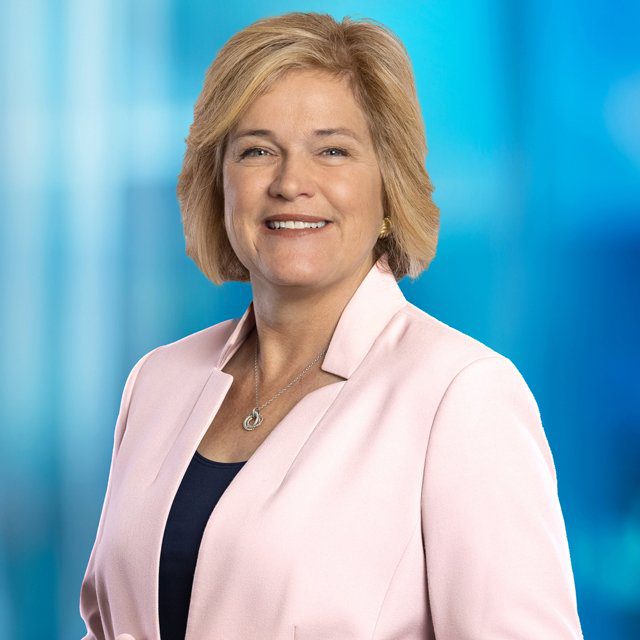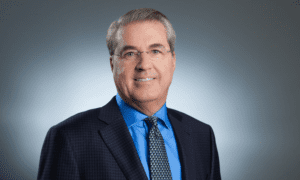Fee-Based Advisors Face Demand for More Services: Franklin Templeton CEO

What You Need to Know
Clients expect services previously reserved for ultra wealthy clients, CEO Jenny Johnson says.
Passive investing is threatened, although active and passive both have portfolio roles.
Franklin Templeton is interested in three areas for potential acquisitions.
Fee-based financial advisors today are being asked to provide a range of services that extend well beyond handling client portfolios, Franklin Templeton President and CEO Jenny Johnson said this week, citing significant shifts happening in investment management.
“The world has changed with the fee-based advisor where they are no longer just managing people’s investment portfolios, they are expected to provide the services that used to just be (reserved) for ultra-high net worth (clients),” she said this week at the Morningstar Investment Conference.
Advisors are being asked to handle tax efficiency, trust and estate planning, educating clients’ heirs, and at minimum developing financial plans; technology can allow advisors to scale their business, she said. “We invest in technologies to build deeper relationships with (advisor) partners to be able to provide those additional kinds of services,” she said.
At the same time that fee-based advisors are expected to do more, they may be encountering resistance from clients on certain fees. Johnson, who spoke to a conference audience and in a follow-up session with reporters, recounted a scenario that one advisor described to a visiting portfolio manager.
While the Franklin Income Fund is very popular with investors, she said, the financial advisor told the portfolio manager, “I no longer can buy and hold that. I can’t tell my client that they’re paying me every month and holding the same mutual fund for 10 years.’”
The advisor asked if the fund holdings could be delivered in an open, separately managed account, with individual items appearing on the statement — an option previously available only to very wealthy clients, said Johnson. The investments essentially match the Franklin Income Fund, with a completion fund holding certain securities, she said, noting that Franklin Templeton’s technology can support this.
Franklin Templeton delivers its investment capability “in whatever vehicle the client wants to receive it,” one of which has been custom indexing, said Johnson.
Custom Indexing Tools
Johnson expects the firm’s custom indexing software platform will evolve “to being able to take active products where you then open them up, and as far as the advisor’s concerned, the client looks at it and goes, ‘Wow, my advisor’s really active on this, they’re doing all these things,’ but it’s actually just a mutual fund that’s been exposed,” she said. That will free up time for the advisor to build their practice and provide the additional services that clients expect, she said.
Advisors also can apply technology to create tax efficiency and a sustainability tilt “so that people can express whatever their passions are,” she said.
While a full portfolio needs both active and passive investment tools, Johnson considers passive investing to be threatened now. Passive investing tends to outperform in momentum markets, while active does better in volatile times, she said, likening the difference to buying a no-frills car for driving on a flat road, then hitting mountainous terrain and regretting not having purchased a safer, more expensive vehicle.
Bringing Alts Mainstream
Johnson also sees the need to democratize alternative investments and believes the industry has to “figure out a way to responsibly bring alternatives to the wealth channel because of the excess returns that have existed.” (Franklin Templeton’s assets under management include a significant share of alternative investment products, she noted.)




